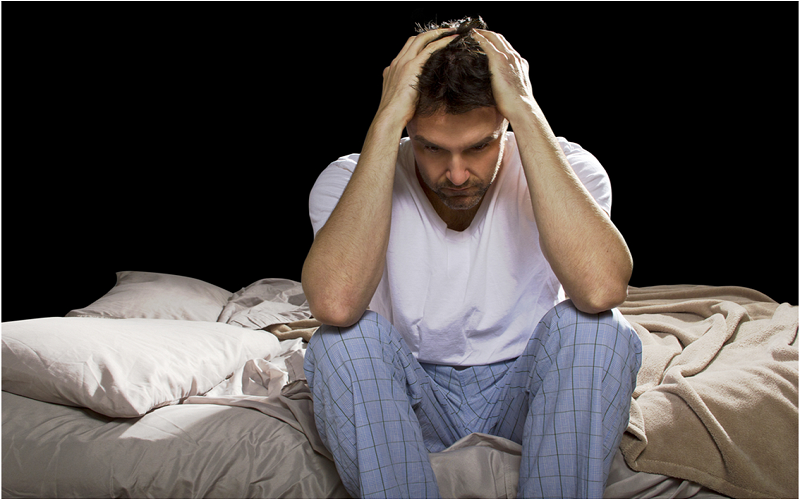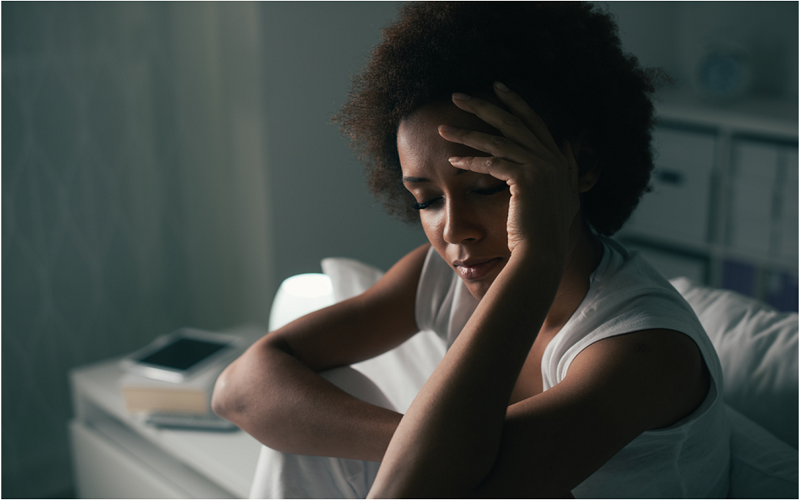Imagine waking up each morning feeling well-rested and ready to tackle the day ahead. This isn’t just a dream — it’s entirely possible by understanding the factors that influence our morning energy levels. From the significance of hydration to the role of the best mattresses in ensuring restful sleep, this guide delves into various aspects that can either sap or boost your morning vitality. By addressing these factors, you can transform your mornings from sluggish to energetic.
Dehydration
Dehydration is often an overlooked factor contributing to low energy levels in the morning. Even mild dehydration can significantly impact your body, leading to feelings of fatigue and sleepiness. This is because water plays a crucial role in numerous bodily functions, including regulating body temperature and supporting metabolic processes. When you’re dehydrated, your body struggles to perform these functions efficiently, resulting in a decrease in energy levels. Ensuring adequate hydration throughout your day, especially first thing in the morning, can help mitigate these effects and improve overall energy levels.
Sleep Environment
The quality of your sleep environment is a critical determinant of how rested you feel in the morning. Factors such as excessive room temperature, high noise levels, excessive light and uncomfortable bedding can significantly disrupt sleep patterns. These disruptions can prevent you from reaching deeper, more restorative stages of sleep, leading to feelings of tiredness upon waking.
Creating an optimal sleep environment — cool, quiet, dark and comfortable — is necessary for a proper night’s sleep. Small changes, like investing in blackout curtains or comfortable plush beds and quality pillows, can make a significant difference in improving sleep quality and reducing morning fatigue.
Lack of Exercise
Regular physical activity has a direct impact on your sleep quality and, consequently, on how energetic you feel in the morning. Lack of exercise can lead to poorer sleep quality and shorter sleep duration, contributing to feelings of tiredness when you wake up. Engaging in regular exercise promotes deeper sleep cycles and helps regulate your body’s internal clock, leading to more restful nights.
Just remember that the timing of exercise can also play a role — engaging in vigorous activities close to bedtime may disrupt your ability to fall asleep. Incorporating moderate exercise into your daily routine, preferably earlier in the day, can enhance sleep quality and boost morning energy levels.
Anemia
Anemia, particularly due to low iron, is a common cause of feeling tired and run down, especially in the morning. Iron is essential for producing hemoglobin, a protein in red blood cells that carries oxygen throughout the body. When you’re deficient in iron, your body can’t produce enough healthy red blood cells to effectively transport oxygen. This leads to fatigue, as your organs and tissues aren’t receiving the oxygen they need to function optimally. Recognizing and treating iron deficiency anemia — through dietary changes or supplements — can significantly improve energy levels and reduce morning fatigue

Source: Rommel Canlas/Shutterstock.com
Stress and Anxiety
Stress and anxiety can greatly affect your sleep quality and energy levels, particularly in the morning. Constant worry or negative feelings about aspects of your life, like your job or personal stressors, can lead to restless nights and difficulty in achieving deep, restful sleep. This lack of quality sleep can result in feeling drained and exhausted upon waking. Addressing the root causes of stress and anxiety, possibly with the help of a professional, and practicing relaxation techniques before bed can help improve sleep quality and restore morning energy.
Source: Stock-Asso/Shu tterstock.com
tterstock.com
Uncomfortable Mattress or Pillow
The quality of your mattress and pillow plays a significant role in determining how rested you feel in the morning. An uncomfortable sleeping surface can lead to frequent awakenings and disrupt the sleep cycle, preventing you from achieving deep, restorative sleep. Poor support from a mattress or pillow can also cause physical discomfort, like back or neck pain, further hindering quality sleep.
Investing in a comfortable, supportive mattress and pillow tailored to your sleeping preferences can greatly improve sleep quality, leading to more refreshed mornings. Look at a mattress in queen size if you’re interested in more room and consider a king size if you’re a couple or have pets.
Excessive Nighttime Urination
Excessive nighttime urination, or nocturia, can significantly disrupt sleep, leading to morning tiredness. This condition involves waking up multiple times during the night to urinate, which breaks the natural sleep cycle and prevents deep, restorative sleep phases. The causes of nocturia can vary, including medical conditions like diabetes or urinary tract infections or lifestyle factors like high fluid intake before bedtime. Addressing the underlying cause of nocturia, whether through medical intervention or lifestyle adjustments, can greatly improve sleep continuity and reduce feelings of fatigue in the morning.
Depression
Morning fatigue can be a symptom of depression, a mental health condition that affects many aspects of daily life, including sleep. People with depression often experience changes in their sleep patterns and may feel worse in the morning. This can be due to disrupted sleep cycles, lack of restorative sleep or the emotional toll of depression itself. Treating depression through therapy, medication or lifestyle changes can help alleviate symptoms like morning fatigue and improve overall well-being.
Circadian Rhythm Disturbance
A disturbance in the circadian rhythm, the body’s internal clock that regulates sleep-wake cycles, can lead to feelings of exhaustion and affect morning energy levels. Factors like irregular sleep schedules, exposure to light at night and shift work can disrupt this rhythm, making it hard to fall asleep and wake up at the desired times. This misalignment can result in poor sleep quality and a lack of feeling refreshed in the morning. Adopting consistent sleep habits and creating a sleep-conducive environment can help realign the circadian rhythm and improve morning energy.
Final Thoughts
Morning fatigue is an issue with numerous contributing factors. While conditions like anemia and depression require medical attention, many causes of morning tiredness, such as an uncomfortable mattress or circadian rhythm disturbances, can be mitigated with lifestyle adjustments. Remember, small changes can make a significant difference — whether it’s investing in the best mattress for your sleep needs or establishing a consistent exercise routine. By addressing these areas, you can enhance your morning energy and enjoy a more productive and fulfilling day.




